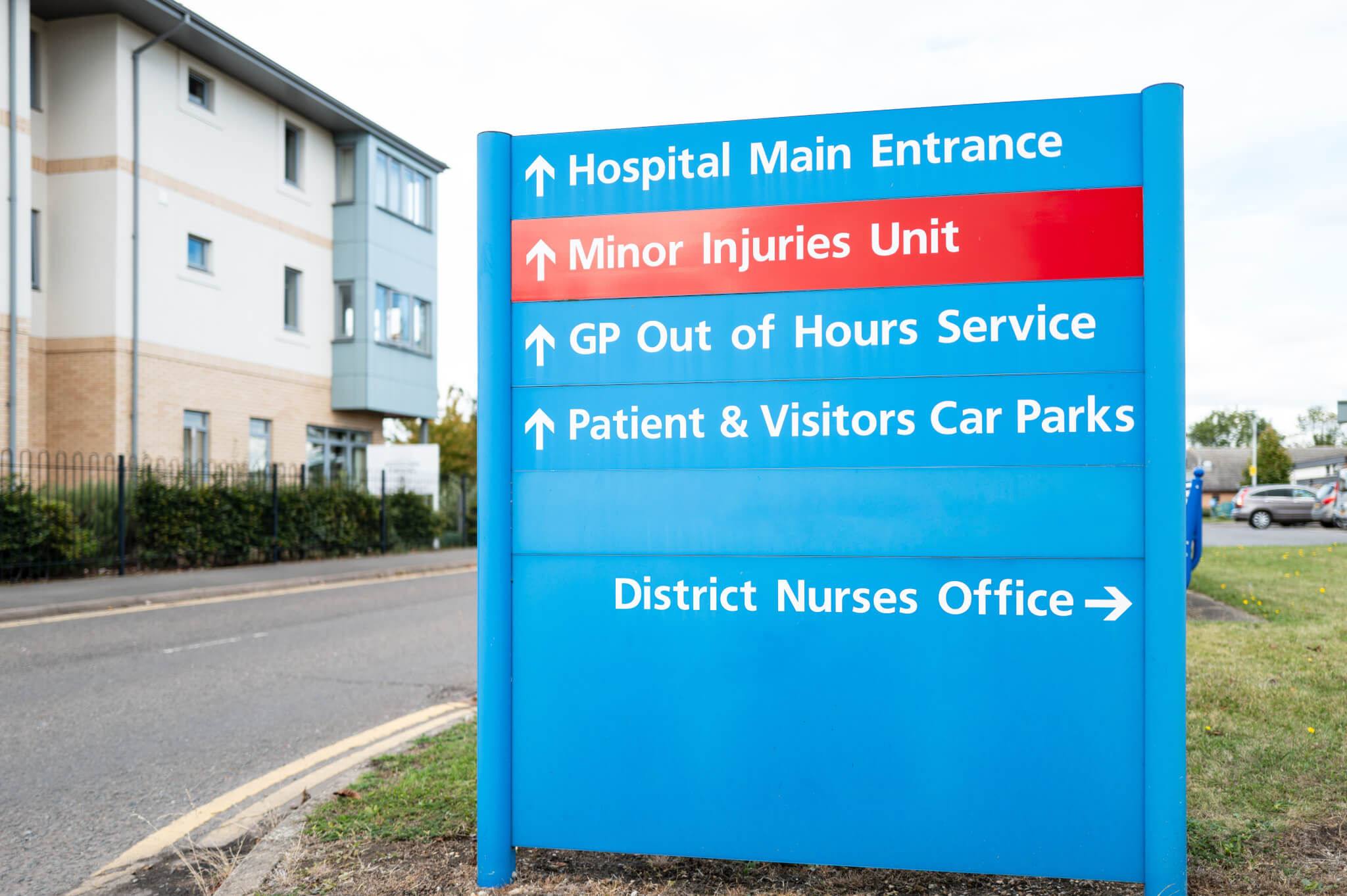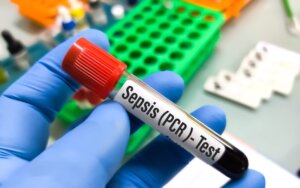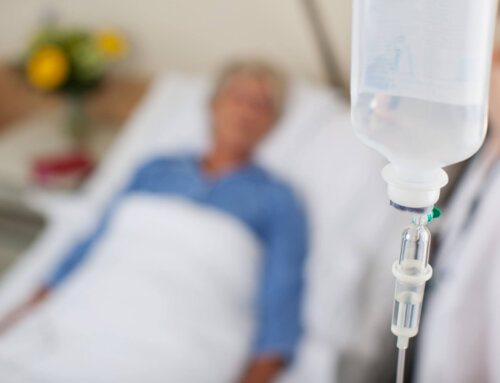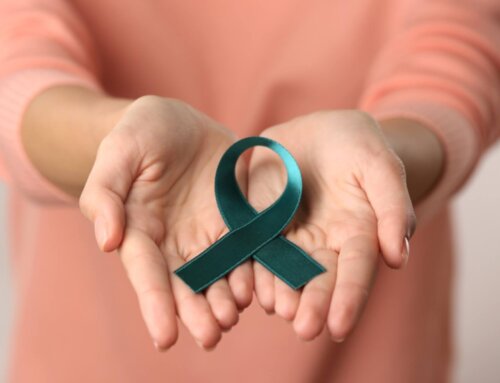This article was updated in September 2025.
The tragic passing of 13-year-old Martha Mills in August 2021, following missed chances to treat her Sepsis, ignited a national debate about clinical negligence, patient safety, and accountability within the NHS.
Ultimately, these terrible events also led to significant reform within the nation’s health service, in the form of ‘Martha’s Rule’. In this blog, we discuss what happened to Martha, the legal consequences of the event, and how lessons learned from the catastrophe of Martha’s care, or lack thereof, by health professionals, are already benefiting families who find themselves in a similar situation to that of Martha and her family.
What happened to Martha Mills?
Martha was admitted to King’s College Hospital, London, following a cycling injury on a family vacation in Wales in 2021.
Tests revealed she had a pancreatic injury, but was stable. Over a period of days, she became symptomatic for Sepsis, a life-threatening reaction to infection. Although her parents repeatedly outlined their concerns to medical personnel, their pleas for an urgent review of Martha’s deteriorating condition were brushed aside.
Eventually, a health expert finally escalated the concerns raised by Martha’s family. She was moved to the paediatric intensive care unit (PICU) of the hospital, and subsequently to Great Ormond Street Hospital for ECMO (life support), but it was all too late to save Martha, and she passed away on 31st August 2021, aged just 13.
A coroner later ruled that it was likely Martha would have survived if the signs of her deteriorating condition had been observed by the health professionals responsible for her care and acted on sooner.
The Medical Practitioner’s Tribunal Service (MPTS) findings
In June 2025, a Medical Practitioners Tribunal Service (MPTS) hearing found that the consultant responsible for Martha’s care, Professor Richard Thompson, was guilty of “particularly grave” omissions for not having escalated the deteriorating condition of Martha.
His failure to examine her personally and not to act on red-flag symptoms amounted to ‘gross negligence’. Professor Thompson was ‘on call’ on the day Martha’s condition was getting much worse. However, he decided not to return to the hospital to assess her condition personally.
Nevertheless, the tribunal did not impose a formal censure, mentioning Professor Thompson’s otherwise unblemished record and the systemic nature of the failings. Instead, it found his fitness to practise was ‘impaired’.
What is Martha’s Rule, and How Does it Affect Patients?
Martha’s death served as the catalyst for the implementation of Martha’s Rule by the NHS, effective from April 2024. The NHS announced a month later that Martha’s Rule was to be tried and rolled out in 143 hospital sites.
Martha’s Rule gives patients and their families the right to request a fast-track review from a critical care team if they believe their condition or that of a loved one is deteriorating, but their concerns are not being considered by healthcare professionals. In other words, it gives families the right to question medical judgments they believe are incorrect and insist on obtaining second opinions without being ignored.
On September 4, 2025, it was announced that Martha’s Rule is now in operation in every acute hospital in England. Hospitals in Wales have not yet adopted Martha’s Rule.
Clinical negligence and the law
The events surrounding Martha’s death expose how devastating the consequences of clinical negligence can be. In Martha’s case, the hospital management admitted breach of duty of care to Martha and acknowledged that mistakes had been made.
We see clients who claim that they were disregarded by healthcare professionals when they expressed concerns regarding their own care or that of a loved one. It is a positive development that Martha’s Rule is now in place, and the early signs are that it is making some difference.
In the first six months since the implementation of Martha’s Rule NHS, there were 573 calls from across the 143 hospitals that had adopted Martha’s Rule, with 286 prompting an urgent review of a patient’s condition. The upshot was that in 57 of those cases, the result was escalated care, with potentially life-saving outcomes for a number of the patients affected.
If a doctor, nurse or health professional fails to meet the duty of care towards a patient and that failure of a duty leads to harm, a claim for clinical negligence can be the only means of receiving redress. It’s essential to take on board that making a medical negligence compensation claim is not simply about the financial aspect – it’s also about getting answers, recognition, and ensuring that the same thing doesn’t happen to someone else.
You will find more information regarding clinical negligence claims on our Sepsis Medical Negligence Claims page and our Sepsis Claims FAQs.
Legal support for families affected by Sepsis
Sepsis is a rapidly escalating medical emergency. If diagnosis or treatment is not observed or treated urgently, serious physical harm or even death can be the consequence. Sadly, many cases of Sepsis result from health care professionals overlooking or ignoring red flags and not escalating care when they should have done so, as in Martha Mills case.
If you, or a family member, have endured Sepsis that wasn’t diagnosed early enough or treated as a matter of urgency, Mooneerams medical negligence solicitors are available to help. We provide empathetic, expert legal advice, and most clinical negligence claims are handled on a No Win No Fee basis.
Conclusion
Martha Mills should not have died from Sepsis. Her parents were right to raise the alarm, and her doctors were wrong not to respond. These facts have already been accepted. No legal action can bring Martha back, but the development of Martha’s Rule carries hope that the possibility of similar future tragedies can be averted.
If you or a family member has suffered health consequences due to the late diagnosis or mismanagement of Sepsis, then get in touch with a member of Mooneerams Solicitors medical negligence team to discuss bringing a sepsis compensation claim. Contact us in confidence 029 2199 1927
Posted in Medical Negligence









